Vivek Venkatesh appears on Radio Noon with Shawn Apel, weighs in on debate over CBC disabling Facebook comments
Posted June 21st, 2021 by Jacqueline Matskiv
Director Vivek Venkatesh recently appeared on Radio Noon Quebec with Shawn Apel to weigh in on the CBC’s decision to close Facebook comments on its news stories. While emphasizing that the public broadcaster has a duty to protect its employees from abuse, Venkatesh argued that the strategy of shutting down commentary altogether––while continuing to share posts on the platform––amounts to something of a cop out. Rather than addressing the problem of dangerous and hateful commentary, Venkatesh explains, such a move simply “manages public perception of the problem.” Instead, argues Venkatesh, we should be having a larger discussion about platform moderation and the difference between healthy agonism and divisive antagonism.
Tune in at 39:49 to hear more from Vivek.


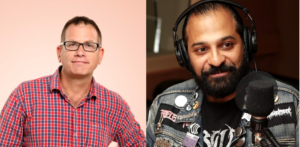
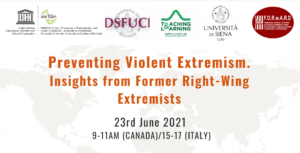
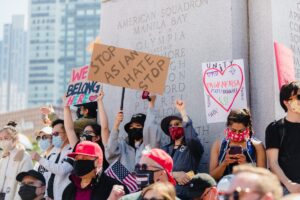
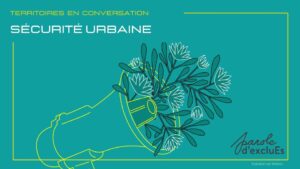

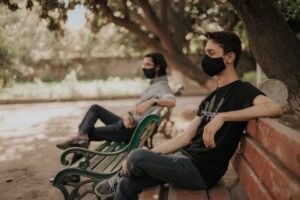
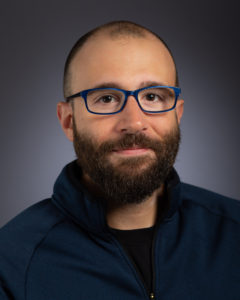
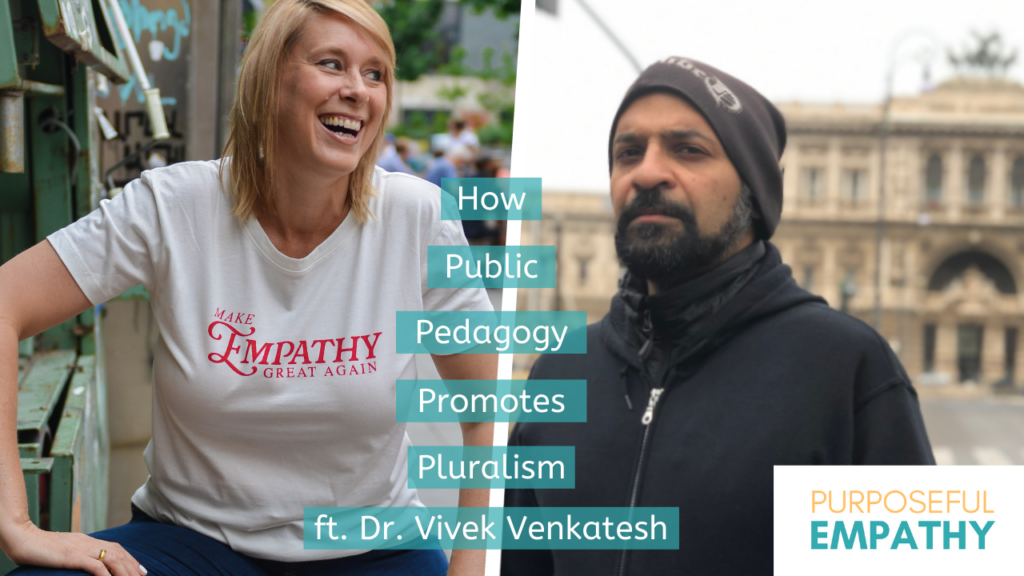
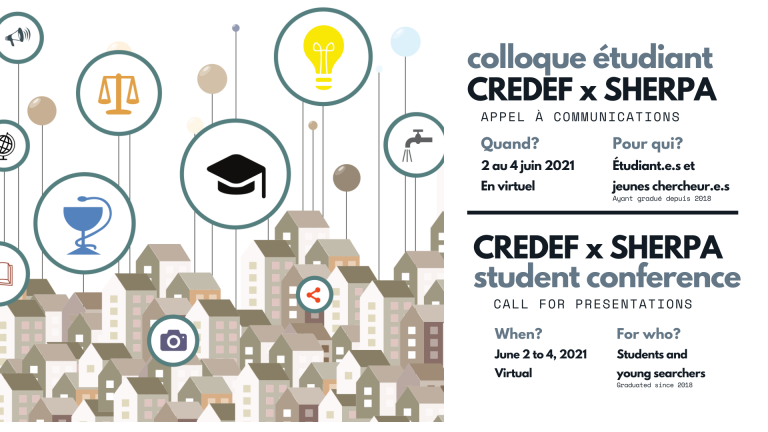
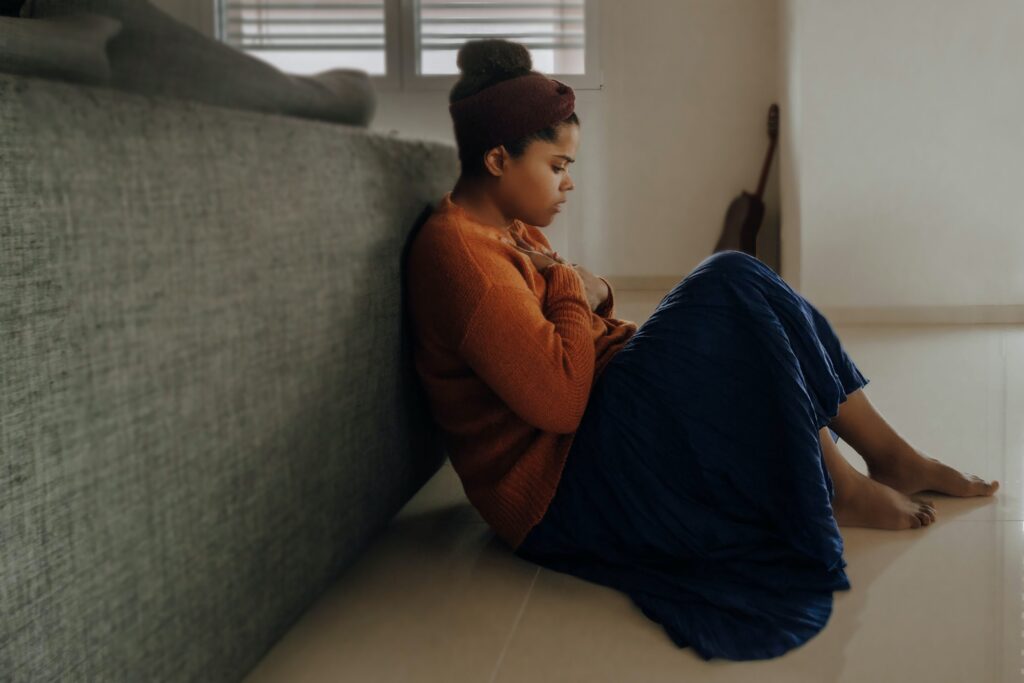


 Français
Français